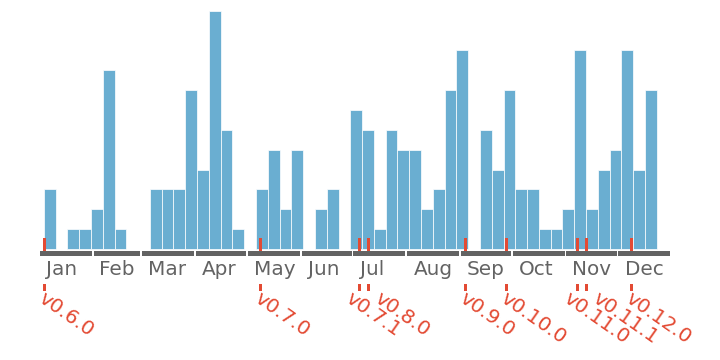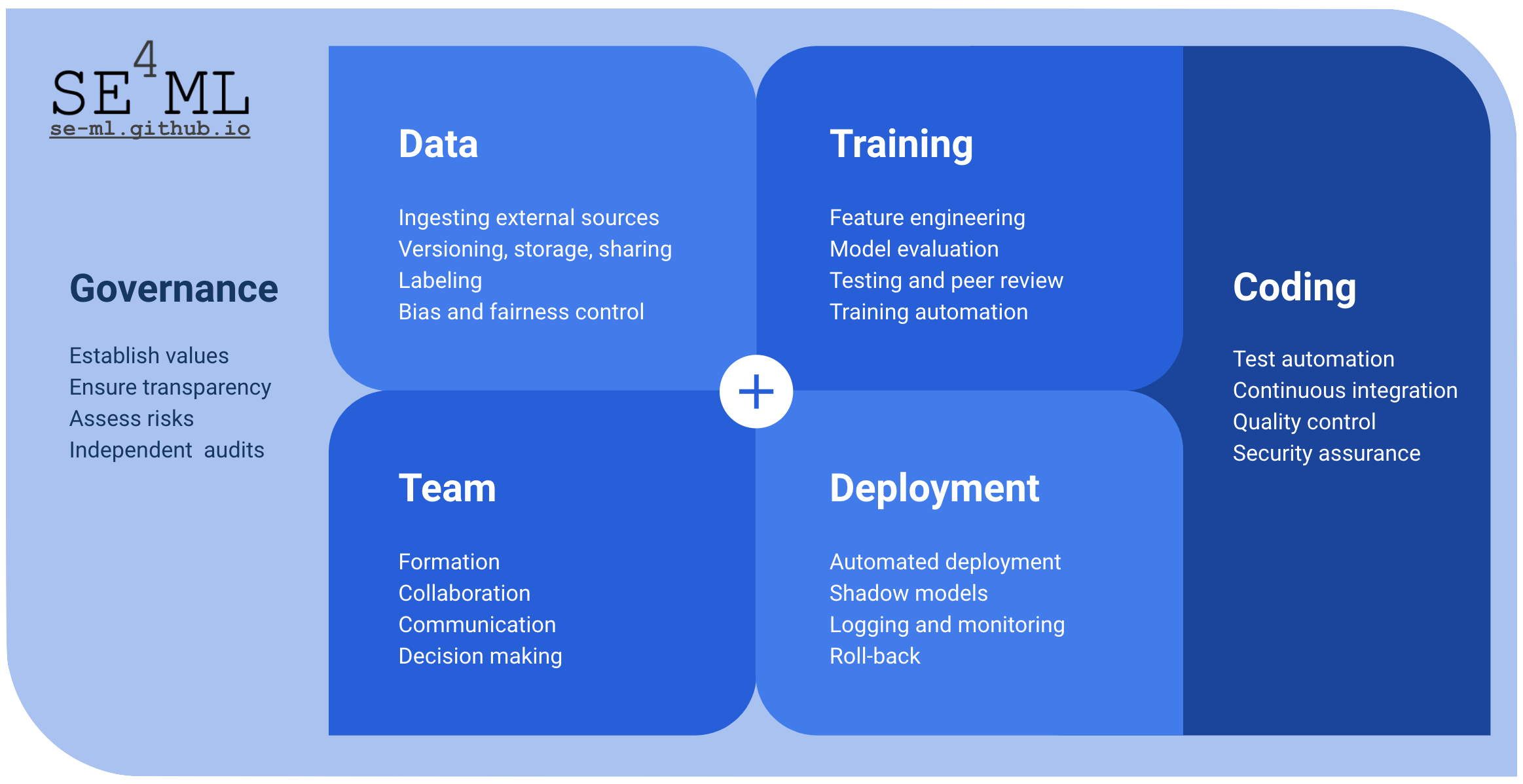By Frank Hutter, Isabelle Guyon, Marius Lindauer and Mihaela van der Schaar (general and program chairs of AutoML-Conf 2022) Did you ever try to reproduce a paper from a top ML conference and failed to do so? You’re not alone! At AutoML-Conf (see automl.cc), we’re aiming for a higher standard: with the papers we publish […]
Introducing Reproducibility Reviews
Posted on February 17, 2022 by Frank Hutter


